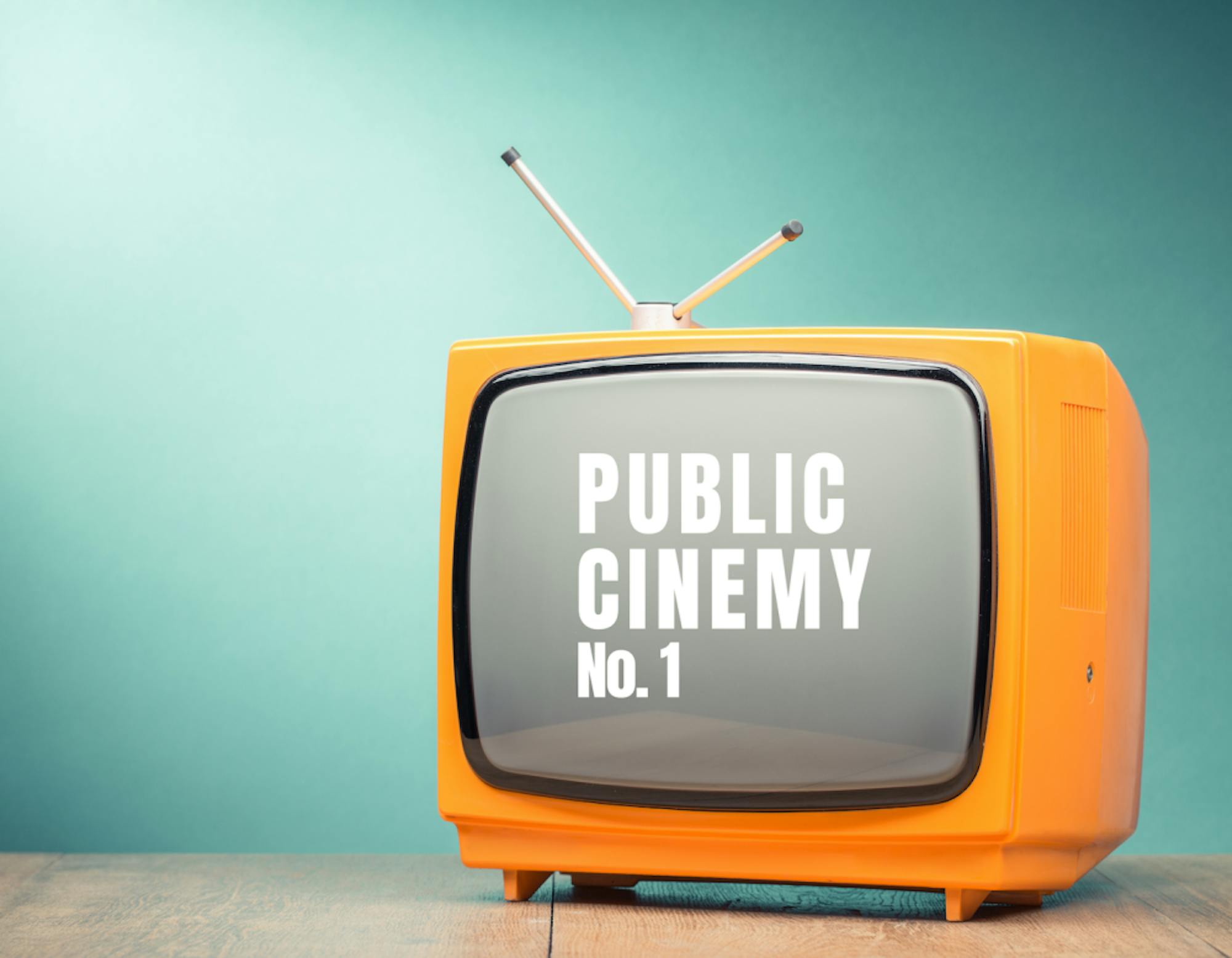One of the most talked-about films of this past year is undoubtedly Greta Gerwig’s “Barbie” (2023). The public consensus on the film’s politics is divided: In one camp, many praise it for portraying their experiences and highlighting feminist principles; in another, they complain of its attacks on patriarchy and toxic masculinity.
But at the end of the day, Barbie is no pure political treatise; it’s a corporation within a corporation, a billion-dollar blockbuster produced by the same studio that made the Harry Potter franchise, about a billion-dollar doll-producing toy company. Yet there’s a strange psychosis attached to it; it’s become an iconic feminist text for feminist advocates and opponents alike. Greta Gerwig and Margot Robbie’s supposed Oscar “snubs” have prompted major backlash (even from notable figures like Hillary Clinton). On the other side, antifeminists, far-right proponents and men’s rights activists have lampooned, shamed and railed against the film in turn. But why? To be honest, I think it never would have made the impact it did if not for a well-designed marketing campaign. After all, what happens when the CEO of Mattel, played by Will Ferrell, cannot have an arc that goes against the wishes of the real-life corporation? You’re hung out to dry with an ending that implies buying Barbies is intrinsically empowering and urges pledging dollars to a plastic-peddling corporation as an avenue to affirming your womanhood. Even one of the character’s initial criticisms of Barbie promoting unrealistic beauty standards in the movie is quickly forgotten.
This phenomenon hints at a broader societal problem: the co-opting of feminism by capitalist entities. Blockbusters, the latest suspect, are only continuing a pattern set by social media. Just as “Barbie” is produced and signed off on by the corporation Mattel, modern-day notions of femininity consist of images crafted by the beauty industry and sold to us via TikTok and other social media platforms. “Girlhood” in the Internet sphere is ascribed to different fads every few months: a style of eyeliner, a Taylor Swift lyric and most recently, Stanley cups. Call it a joke, a reference, an expression of individual desire, but the label remains the same. It raises a question: When did femininity become so implicitly tied to consumption?
Barbie is easy to watch, easy to grasp and easy to enjoy, and that’s about it. It’s the Cheerios of cinema. The problem doesn’t come from people enjoying Barbie — it has great production design, a great soundtrack and amazing comedic performances. The problem comes from people ascribing a philosophical message to it that it does not possess and using that assertion to inform their ideas of womanhood. Greta Gerwig is a talented screenwriter and director, and I applaud her attention to detail and the effort she put into the film. However, all the creative juices she possesses are watered down by Mattel and its mission statement because, at the end of the day, feminism dictated by capitalism will wind up not saying much at all. Movies are the latest conduit in a long line of efforts by corporations to co-opt feminism, repackage it and resell it to the public in a package designed for mass consumption, and Barbie is the casualty.






